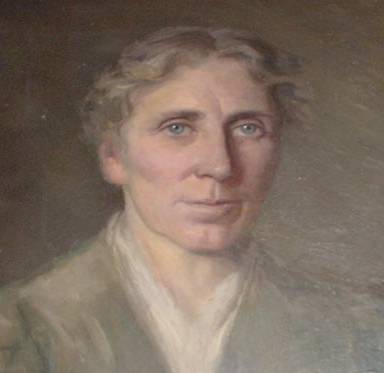Rev. Allen HAZEN has moved with his family into the Congregational parsonage, and now preaches regularly. He is liked very much.
Rev. C. M. CARPENTER and family are away on their annual vacation, at Lynn, Mass.
Mrs. FARNSWORTH and daughter May, and Miss Adele CHAPIN of Leominster, Mass., are at Albourne LULL’s.
Mr. and Mrs. Elmer S. SLADE of Proctor, and Dr. Charles SMITH of Dakota, are at P. B. SMITH’s.
Mrs. E. E. ESTERBROOK of Lowell, Mass., is at Albert GIBSON’s.
Miss Florence HEMENWAY and Miss May SHORT are at Oscar HEMINWAY’s.
Geo. HOYT, wife and child, are at M. C. HARLOW’s.
Fred E. HARLOW and wife of Cleveland, Ohio, are at his father’s — Nathan HARLOW.
Mrs. Jane GOVE of Springfield, Mass., is visiting her many friends in this place.
Mrs. Clarence HARRIMAN and daughter Florence, of North Walpole, N. H., visited at Geo. A. DUNBAR’s the past week.
Mrs. George H. FLETCHER, vocal teacher and soloist, of Boston, is at L. A. SHEDD’s for the summer.
Mrs. Alice BENJAMIN, accompanied by Dr. RUGG, was taken to the insane asylum at Brattleboro last week, Monday.
Haying is progressing very slowly, on account of the wet weather.
Ethan GILES, while loading hay, Monday afternoon, dropped dead on the load; from heart-disease.
Mrs. George LEONARD who has been sick a long time with consumption, died Tuesday morning; and Miss Lena PERKINS died Tuesday afternoon; making three deaths in twenty-four hours.
Transcribed by Ruth Barton

